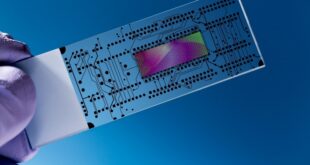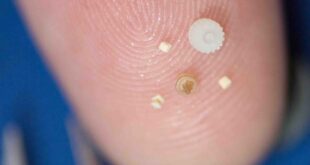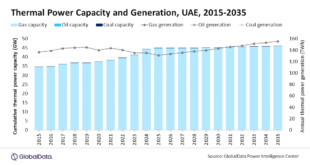Automotive engineers using artificial intelligence (AI) can reduce battery testing by up to 70%, according to the CEO and founder of Monolith, an AI software provider.
During a keynote speech at the Battery Show North America, Dr. Richard Ahlfeld said engineers can use AI to speed the development and integration of batteries and accelerate the market’s transition to electric vehicles (EVs).
He said: “In the fast-paced EV market, testing batteries has become a significant bottleneck, hindering the timely launch of EVs. The escalating demand and intense competitive pressure to enhance the range and charging times compound this challenge exponentially.
“Engineers perform battery tests across 1000s of channels generating terabytes of data per week. They’re running out of test stands and don’t know what optimal tests to run, and certainly don’t have the ability to learn from this vast amount of data as quickly as they need.
“This is where AI comes in. Through the ability to learn from data, test engineers can understand behaviour characteristics that are so complex, that without the right tools it is incredibly difficult to decipher. AI software that learns from real-world test data is a reliable and effective means for solving the intractable physics of batteries that current simulation and test planning tools don’t efficiently solve.
“The promise of AI, therefore, is simple: test plan optimisation that offers greater R&D efficiency and faster time-to-market. For the electric car industry, this means speeding the development and integration of batteries, and for customers a faster and safer transition to electric vehicles.”
Monolith has this year released a major product update based on a new proprietary machine learning approach called Next Test Recommender (NTR) that is built on a robust active learning algorithm. NTR gives active recommendations on the validation tests to run during the development of hard-to-model, nonlinear products such as batteries and fuel cells. Using this AI algorithm, engineers can reduce testing by up to 70%.
In one fuel cell use case, an engineer trying to configure a fan to provide optimal cooling for all driving conditions had a test plan for this highly complex application that included running a series of 129 tests. When this test plan was inserted into Monolith software, it returned a ranked list of what tests should be carried out first. Out of 129 tests, the platform recommended the last test – number 129 – should actually be among the first five to run and that 60 tests were sufficient to characterise the full performance of the fan, representing a 53% reduction in testing.
 Engineer News Network The ultimate online news and information resource for today’s engineer
Engineer News Network The ultimate online news and information resource for today’s engineer



